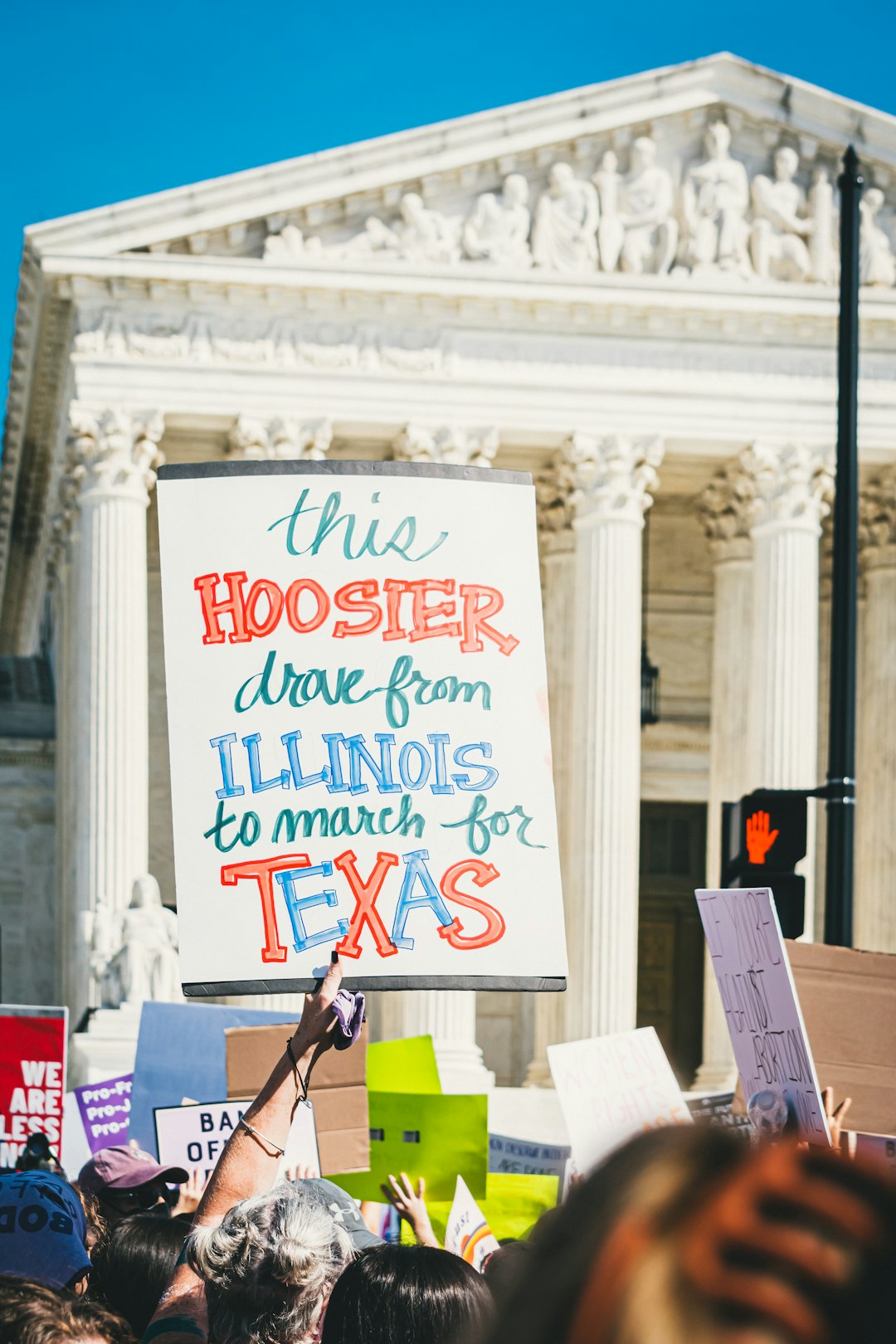Schools in Washington D.C. are taking a proactive approach to combat the pervasive issue of robocalls by educating students about digital literacy and spam call laws. Through interactive workshops, partnerships with legal experts like Robocall Lawyer DC and Spam Call Attorneys DC, and technology integration, students learn about robocall etiquette, reporting suspicious calls, and their rights. This initiative aims to empower future generations to navigate the digital landscape safely, deter spammers, and create a more informed and protected community in DC.
In today’s digital era, DC schools are navigating a modern nuisance: robocalls. Understanding robocalls and their impact on students is paramount, especially with the prevalence of spam calls targeting young individuals. This article explores how DC educators are teaching about robocall awareness, delving into legal protections like the Spam Call law in DC, interactive learning methods, and the vital role schools play in fostering digital citizenship. Key insights from Robocall Lawyer DC experts guide this initiative.
Understanding Robocalls: The Modern Nuisance

Robocalls have become a modern nuisance, with automated phone calls bombarding individuals across the country, including the bustling metropolis of Washington D.C. These unwanted calls, often promoting products or services, can be frustrating and intrusive. In an era where digital communication is omnipresent, the rise of robocalls has sparked significant concern among residents. Many a time, these spam calls invade personal space, leading to frustration and even legal repercussions for businesses engaging in such practices.
In response to this growing issue, DC schools have taken it upon themselves to educate students about robocall awareness. With the help of legal experts, specifically Robocall Lawyers DC and Spam Call Attorneys DC, educators are empowering youth to understand their rights and the implications of robocalling. By learning about the Spam Call Law Firm DC and the existing Spam Call Laws DC, students can navigate this digital landscape more effectively. This proactive approach ensures that future generations are equipped to deal with such modern-day challenges, fostering a safer and more informed community in the process.
DC's Approach to Educating Students about Spam Calls

In the bustling metropolis of Washington D.C., the issue of robocalls has become a pressing concern among students and residents alike. To combat this modern-day nuisance, local educational institutions have taken it upon themselves to teach youth about robocall awareness. The approach in DC is comprehensive, integrating technology and legal education to empower students with the knowledge needed to identify and navigate these unwanted calls. Through interactive workshops and seminars, students learn about the intricacies of spam call laws, including the do’s and don’ts of robocall etiquette, and how to report suspicious activities to a robocall lawyer DC or spam call law firm DC.
This proactive measure aims to not only protect students from invasive robocalls but also to foster a digital literacy culture within the community. By educating youth about their rights and responsibilities in the digital landscape, schools hope to deter potential spammers and create a safer, more informed environment for everyone. With the help of legal experts specializing in robocall cases, DC’s educational system is ensuring that future generations are better equipped to handle these modern-day challenges.
Legal Aspects: Protecting Students from Unwanted Robocalls

In the age of technological advancements, robocalls have become a persistent and unwanted nuisance, especially for students in DC. The legal framework surrounding robocall awareness is designed to protect individuals from unsolicited automated calls, often referred to as spam calls. The Federal Communications Commission (FCC) enforces laws that regulate robocall activities, ensuring that schools can educate their students about these legal protections. DC’s robust legal ecosystem, with its skilled robocall lawyers and spam call attorneys, plays a vital role in upholding these regulations.
Schools in the district are leveraging partnerships with spam call law firms to implement comprehensive programs that teach students about robocall identification and prevention. By collaborating with legal experts, educators can stay updated on the latest spam call laws and ensure compliance. This proactive approach not only educates students but also empowers them to take action against potential violations, making them more resilient in navigating the digital landscape and safeguarding their privacy from robocalls DC.
Interactive Learning: Engaging Students in Call Awareness

In today’s digital era, the prevalence of robocalls has become a significant concern, prompting DC schools to integrate interactive learning strategies to raise student awareness. Teachers are incorporating engaging activities and simulations to educate young minds about the impact of automated telephone marketing and spam calls. By using role-playing scenarios, students can act as both call recipients and law enforcement officers, fostering an understanding of their rights and the legal implications behind robocalls.
Interactive learning allows students to actively participate in discussions and debates, encouraging critical thinking about the ethical boundaries of telemarketing practices. With the help of technology, teachers can demonstrate how robocall algorithms operate and the potential for data misuse. This hands-on approach not only makes learning fun but also equips students with the knowledge to recognize and report spam calls, making them more informed citizens in a world increasingly dominated by automated communications, especially when considering legal aspects like those offered by Robocall Lawyer DC or Spam Call law firms DC.
The Role of Schools in Fostering Digital Citizenship

Schools play a pivotal role in shaping young minds and preparing them for the digital world they inhabit. In today’s era of pervasive technology, fostering digital citizenship is more important than ever. Digital citizenship goes beyond basic tech skills; it involves teaching students about their rights and responsibilities in the online sphere. This includes understanding the impact of their digital footprint, navigating social media ethically, and recognizing potential threats like spam calls or robocalls.
With the increasing prevalence of automated phone marketing (a form of robocalling) and the rise of sophisticated spam call techniques, DC schools are taking proactive measures to educate students about these issues. By integrating lessons on digital literacy and online safety, schools empower students to become critical consumers of technology. Students learn about laws like the Telemarketing and Consumer Fraud and Abuse Prevention Act (TCFAPA) and its implications for robocallers and lawyers specializing in spam call lawsuits. This education equips them to recognize and report unauthorized calls, ensuring their personal data remains secure and helping combat the nuisance of unwanted robocalls in DC.






